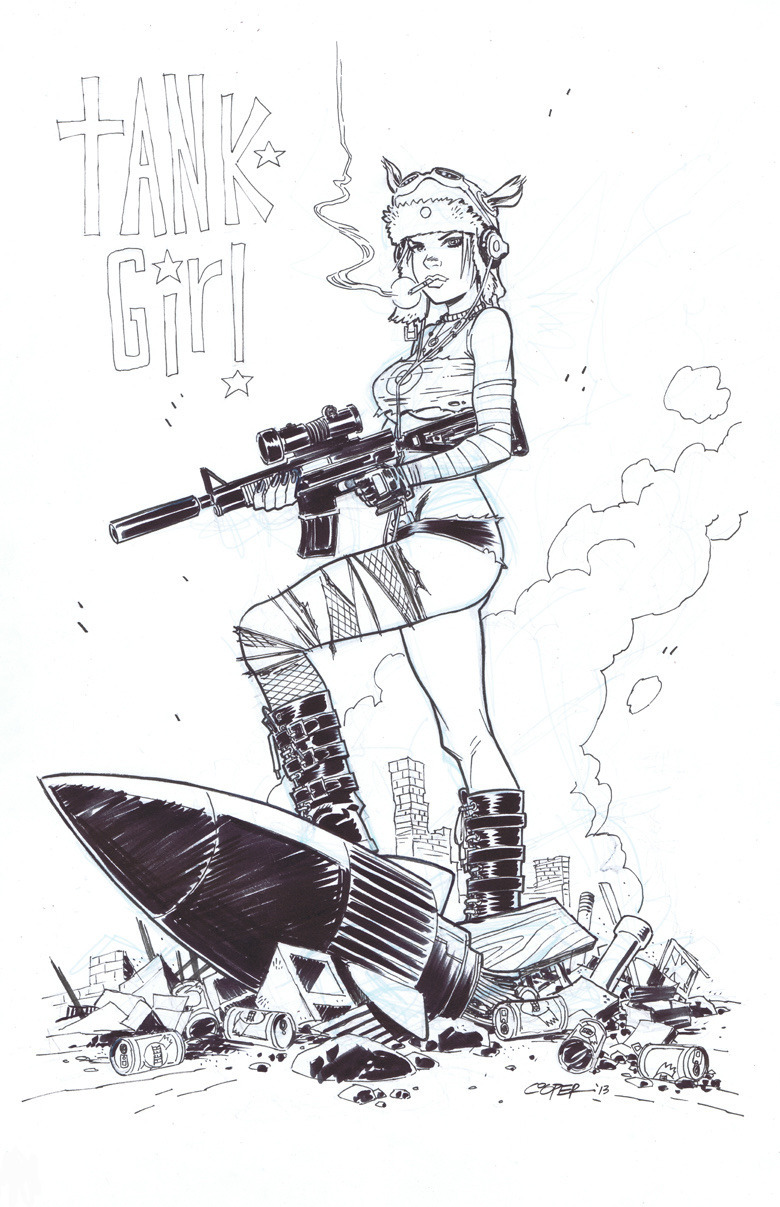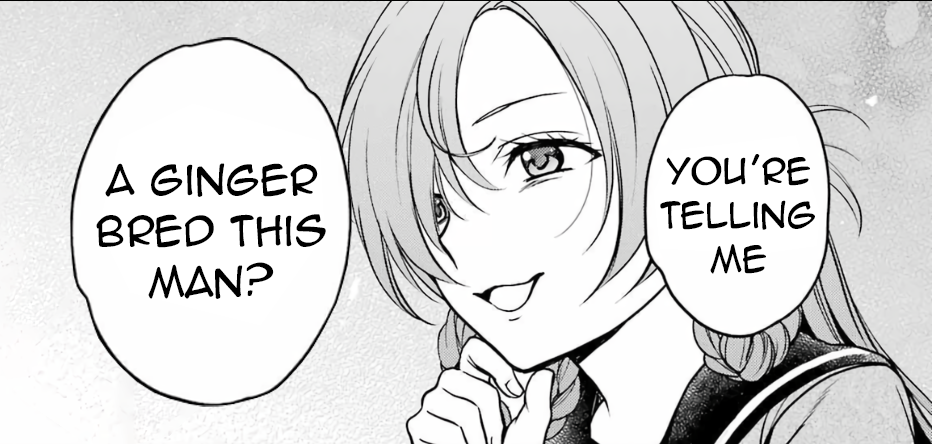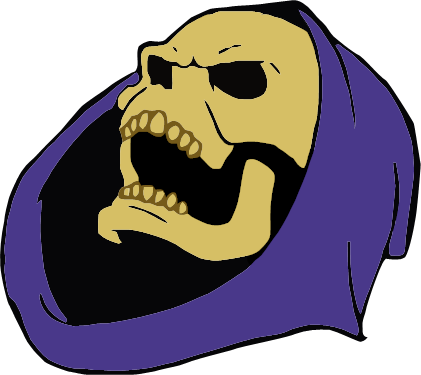

"The towns which had arisen on the lands of lay and clerical feudal lords were subject to their authority. Townsmen owed a number of duties to the feudal lord, paid him quitrent in kind or money, and were subject to his administration and court. The town population very soon began the struggle for freedom from feudal dependence. Partly by force, partly by means of purchase, the towns obtained for themselves the right of self-administration, holding courts, minting coinage and collecting taxes.
The town population consisted mainly of craftsmen and traders. In many towns serfs fleeing from their landlords found refuge. The town acted as the centre of commodity production, as distinct from the countryside where natural economy prevailed. The growth of competition from the fugitive serfs who had crowded into the towns, the struggle against exploitation and oppression by the feudal lords, caused the craftsmen to unite into guilds. The guild system existed in the feudal period in almost all countries.
…
The guilds were a feudal form of craft organisation. In the first period of their existence they played a certain positive part in assisting the strengthening and development of urban crafts. However, with the growth of commodity production and the expansion of the market, the guilds gradually became a brake on the development of productive forces.
The strict regulation of craft production by the guilds fettered the craftsmen’s initiative and hindered the development of technique. In order to limit competition the guilds began to create all sorts of hindrances to those wishing to receive the rights of a master. For the apprentices and journeymen, whose numbers had considerably increased, the possibility of becoming independent masters had practically ceased. They were compelled to remain for their whole life in the position of hired wage workers. In, these conditions the relations between a master and his subordinates lost their former more or less patriarchal character. The masters intensified the exploitation of their subordinates, making them work fourteen to sixteen hours a day for insignificant pay. The journeymen began to unite into secret brotherhoods to defend their interests. The guilds and town authorities persecuted the journeymen’s brotherhoods in every way."
crazy how capitalism is born just like that







how do u rate it